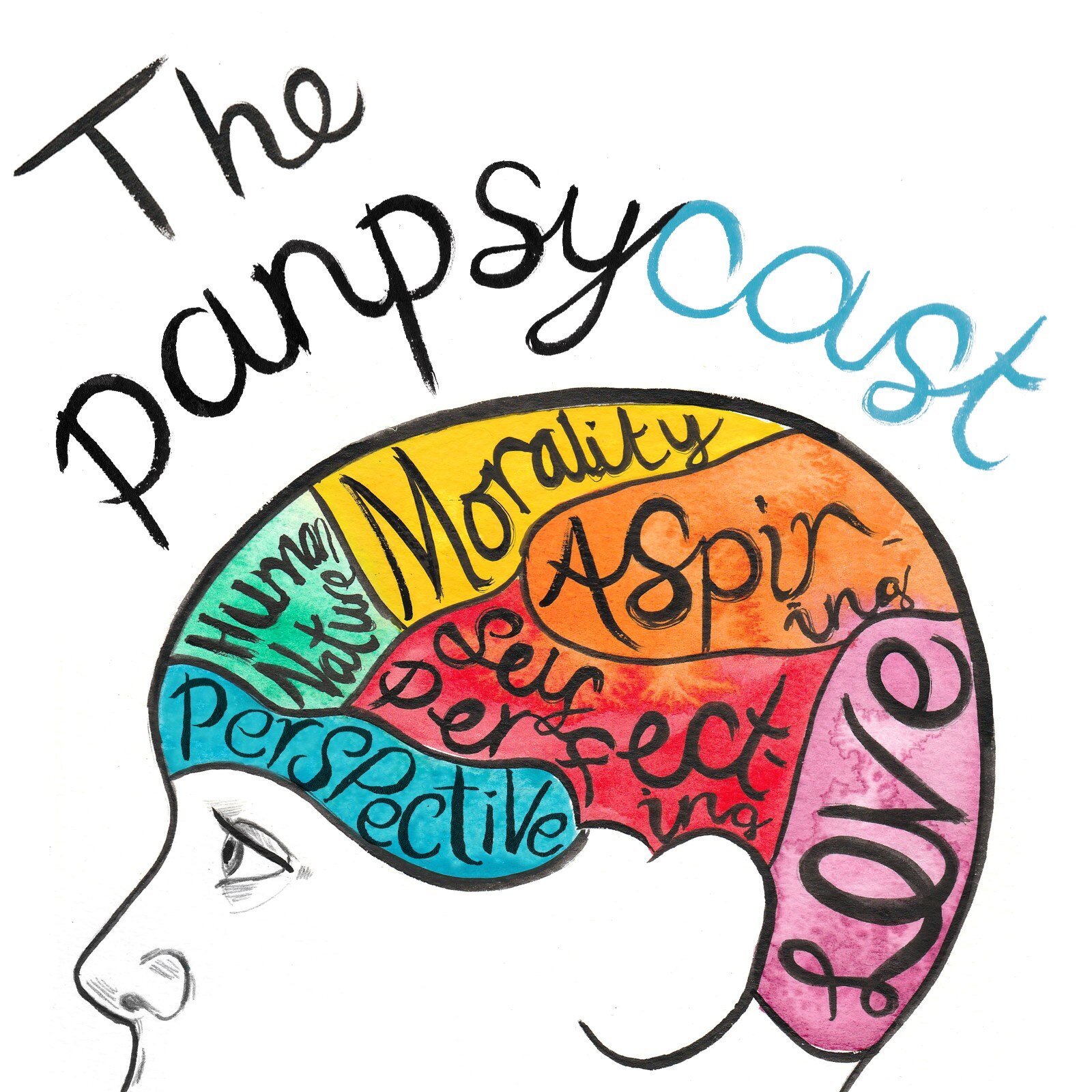Welcome to Episode 141 (Part II of II), where we’ll be speaking to Elizabeth Oldfield about religion, community, and public philosophy.
Much of ethics is relational: it’s about how we treat other people, the world around us, and how those relationships shape who we become. In philosophy, this often gets formalised as a set of virtues to cultivate, duties to obey, or harms to avoid. But today, we rarely talk about sins – let alone the seven deadly sins.
Historically rooted in the Christian tradition – pride, greed, lust, envy, gluttony, wrath, and sloth – have been understood not just as personal failings. They were taken seriously because they obscured what it meant to flourish: that is, to be fully alive. They are, fundamentally, habits of being that corrode our ability to love. So, what might we learn today from the seven deadly sins? How can these ancient categories illuminate our lives, in a world marked by disconnection and distraction?
In this episode, we’ll be speaking about the seven sins with Elizabeth Oldfield. Elizabeth is a writer, speaker, host of The Sacred podcast, and the former director of Theos Think Tank. In her recent book Fully Alive, she revives the seven deadly sins – not as a tool for moral condemnation, but as a lens through which to examine our practices and principles.
We’ll be talking with Elizabeth about how sin, properly understood, can help us confront the crisis of meaning and the collapse of community. We’ll also explore her Christian vision of moral transformation and why it’s vital to believers and non-believers alike.
The file size is large, please be patient whilst the podcast buffers/downloads/hosts space
